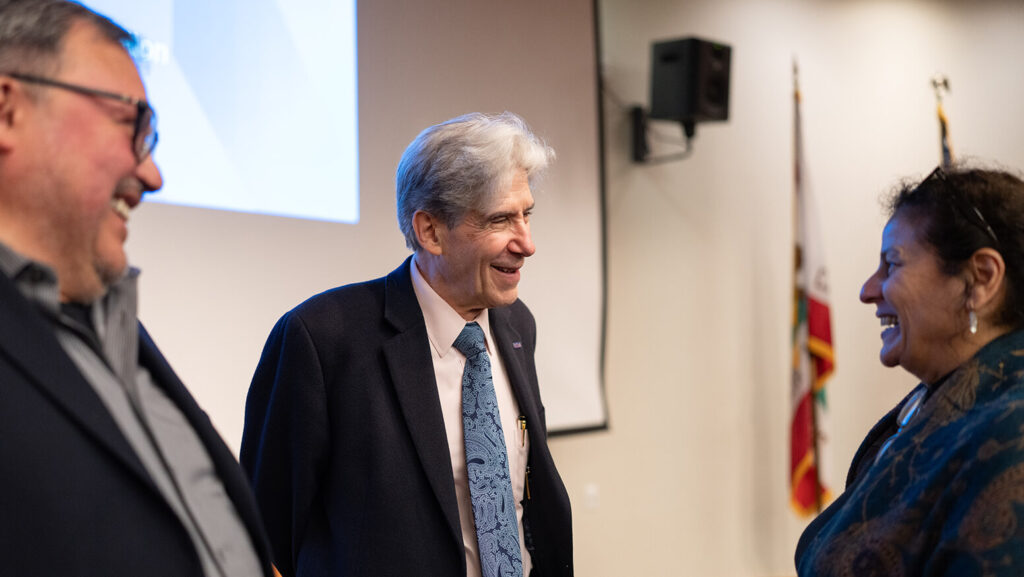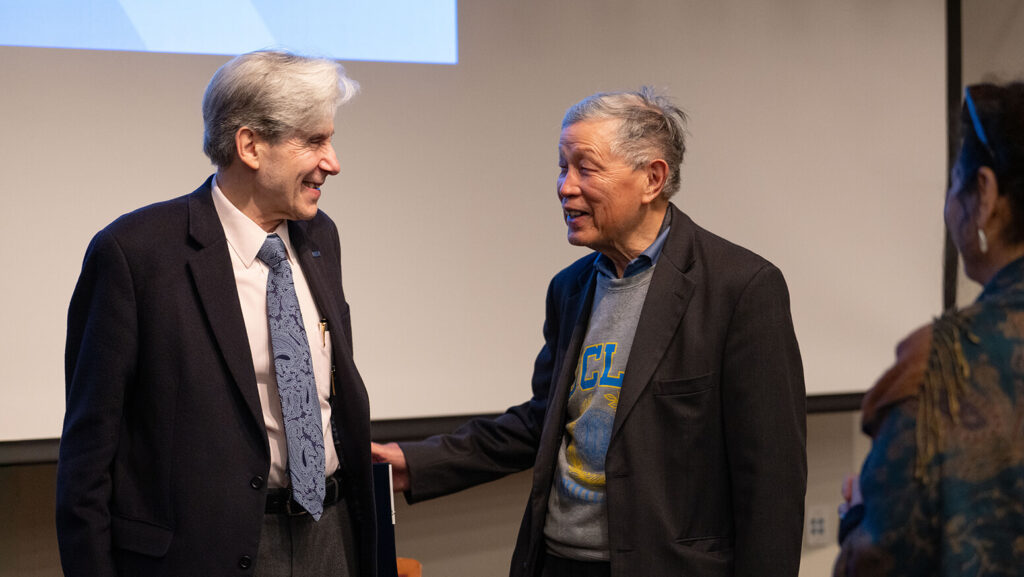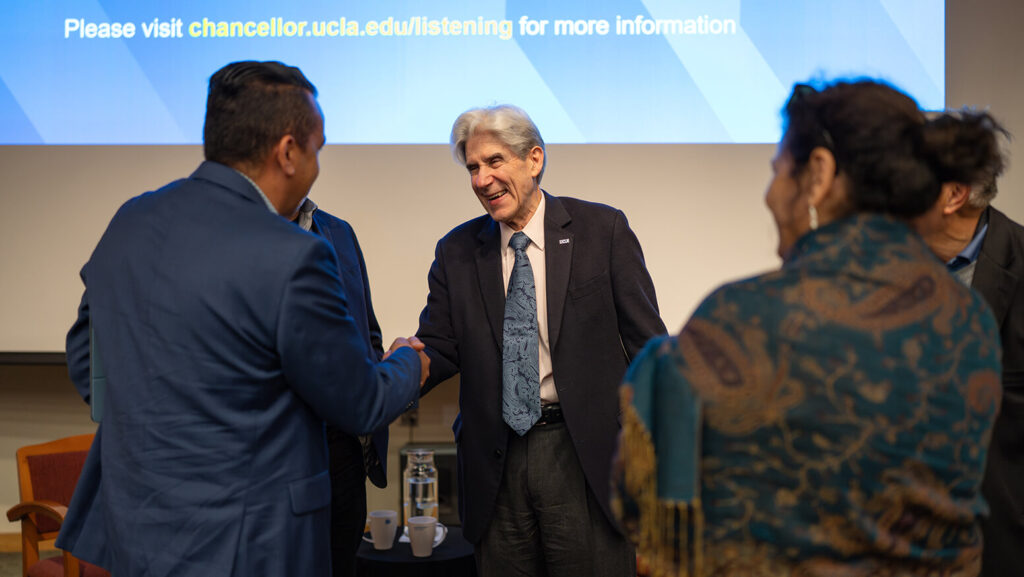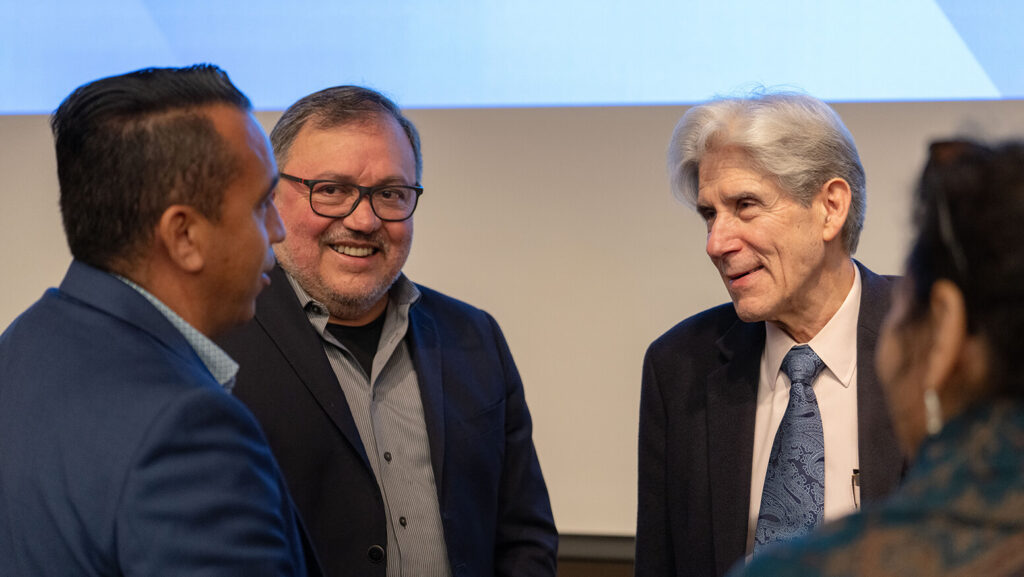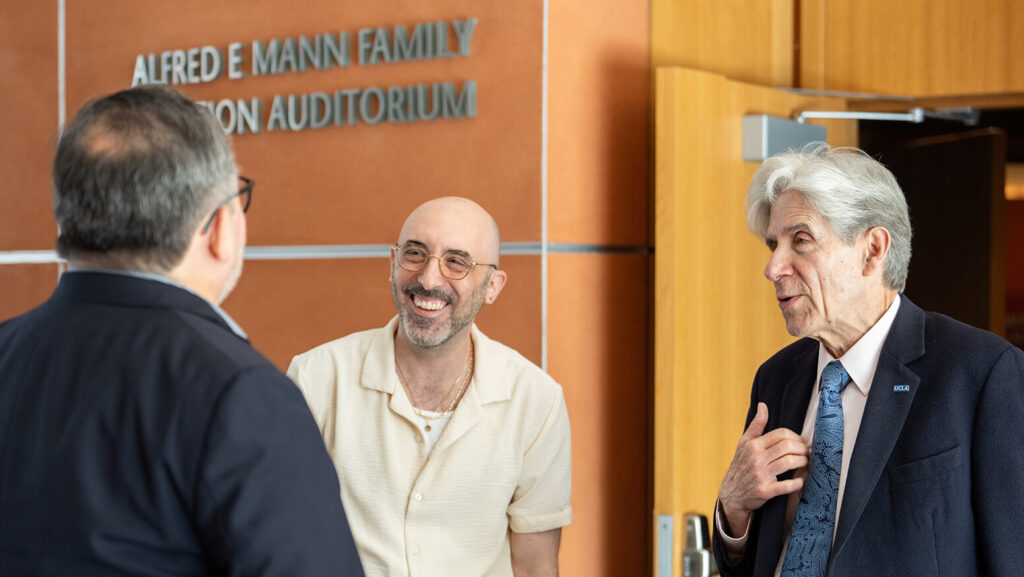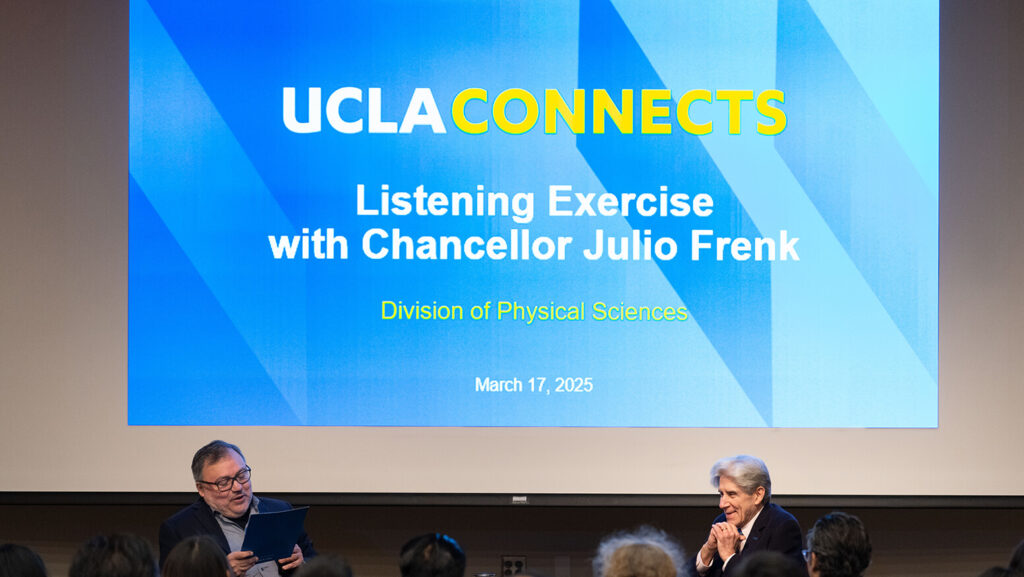UCLA Division of Physical Sciences Listening Exercise
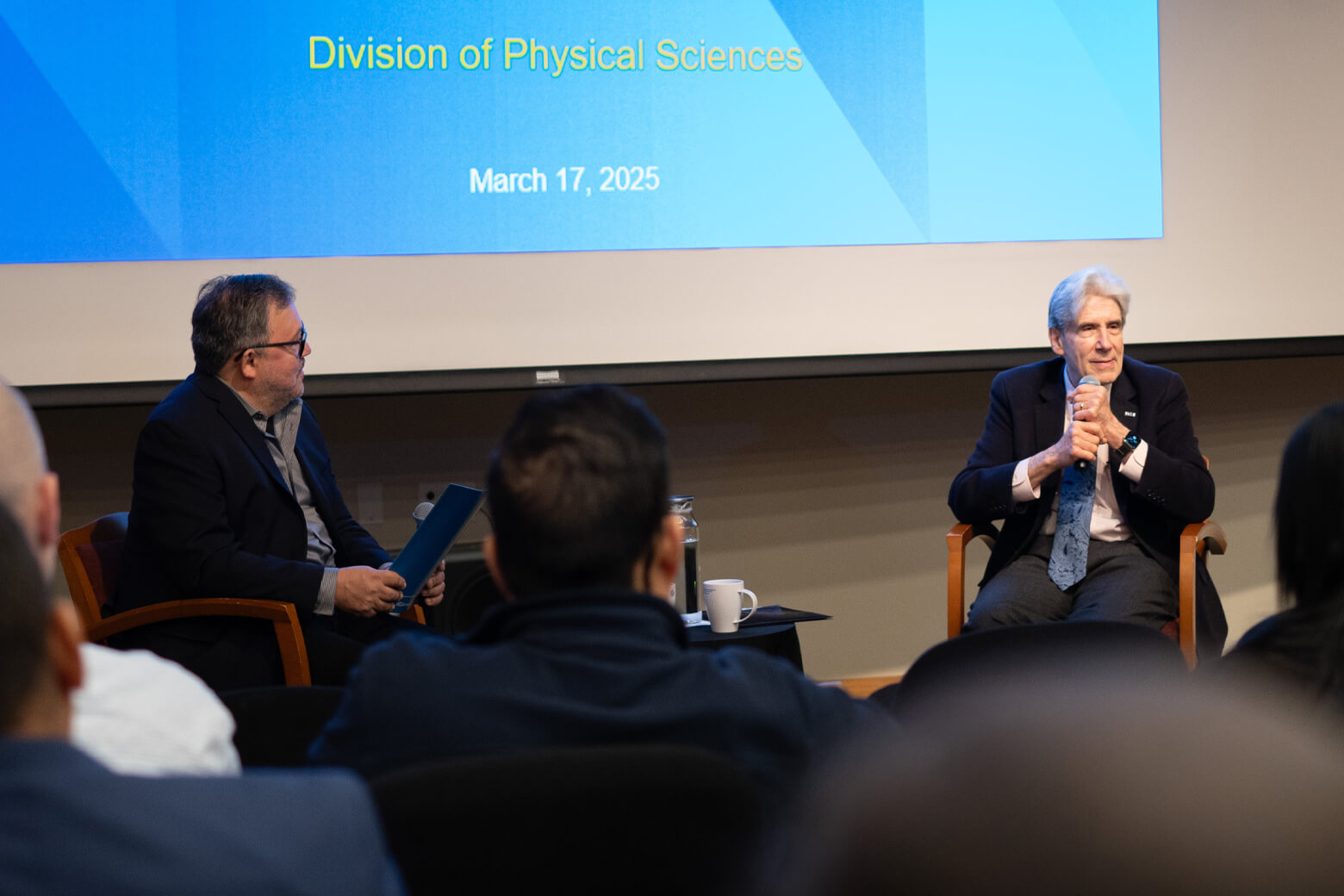
Attendees at the chancellor’s Listening Exercise session for Physical Sciences on March 17, 2025 raised several key issues affecting the division. They discussed the significant time and resources required to renovate laboratories for newly hired faculty, highlighting the bureaucratic hurdles posed by state regulations and approval inefficiencies. The need for increased support from central campus units, particularly in light of system improvements like UCPath and Bruin Buy, was also emphasized.
Speakers expressed concerns about the rising enrollment in physical sciences courses outpacing faculty and staff growth, leading to increased strain on resources and the ability to provide students with the full benefits of a research university experience.
There were also discussions about the need for modern teaching strategies and facilities to support diverse student populations and their varying levels of preparation. Attendees underscored the importance of state-of-the-art facilities for cutting-edge research.
They also expressed concerns about the escalating costs of lab renovations, which threaten to hinder faculty recruitment, research impact, and innovation. Another speaker emphasized the importance of proactively countering negative perceptions of academia and highlighting the positive impact of research on society.
Themes
- Infrastructure: Discussion focused on the importance of high-quality, up-to-date lab facilities, and the role this plays in recruiting world-class research faculty and generating research discoveries. A speaker noted that flexible classrooms and well-equipped labs are needed to enhance the learning and teaching experience.
- Operations: A speaker maintained that faculty and staff were receiving less support from central campus units due to issues with systems like UCPath and Bruin Buy, and that the implementation of new systems has shifted more of the workload onto department-level staff.
- Removing Red Tape: A speaker asked for the streamlining of university processes regarding state regulations.
- Teaching Resources: Discussion focused on Physical Sciences departments’ efforts to keep up with rising student enrollments, which are outpacing faculty and staff growth. A speaker stated that more faculty-student contact and modern teaching strategies are needed to support diverse student populations.
- Federal and State Funding: Concerns were raised about potential cuts to federal and state research funding. Discussions also touched upon how these declining financial resources could be bridged and what faculty could do to minimize financial challenges.
- Federal Policy Changes: A speaker noted the effects of federal policy changes on higher education, and the importance of remembering the university’s fundamental values.
- Erosion of Trust in Academia: A speaker expressed the need to address the perception of universities as disconnected and elitist.
- Innovation and Discovery: The importance of fostering innovation and discovery in the physical sciences was emphasized.
- Economic Impact: The role of the physical sciences in driving economic growth and workforce development was discussed.
We want to hear from you!
Your voice is critical in shaping the future of our university.

